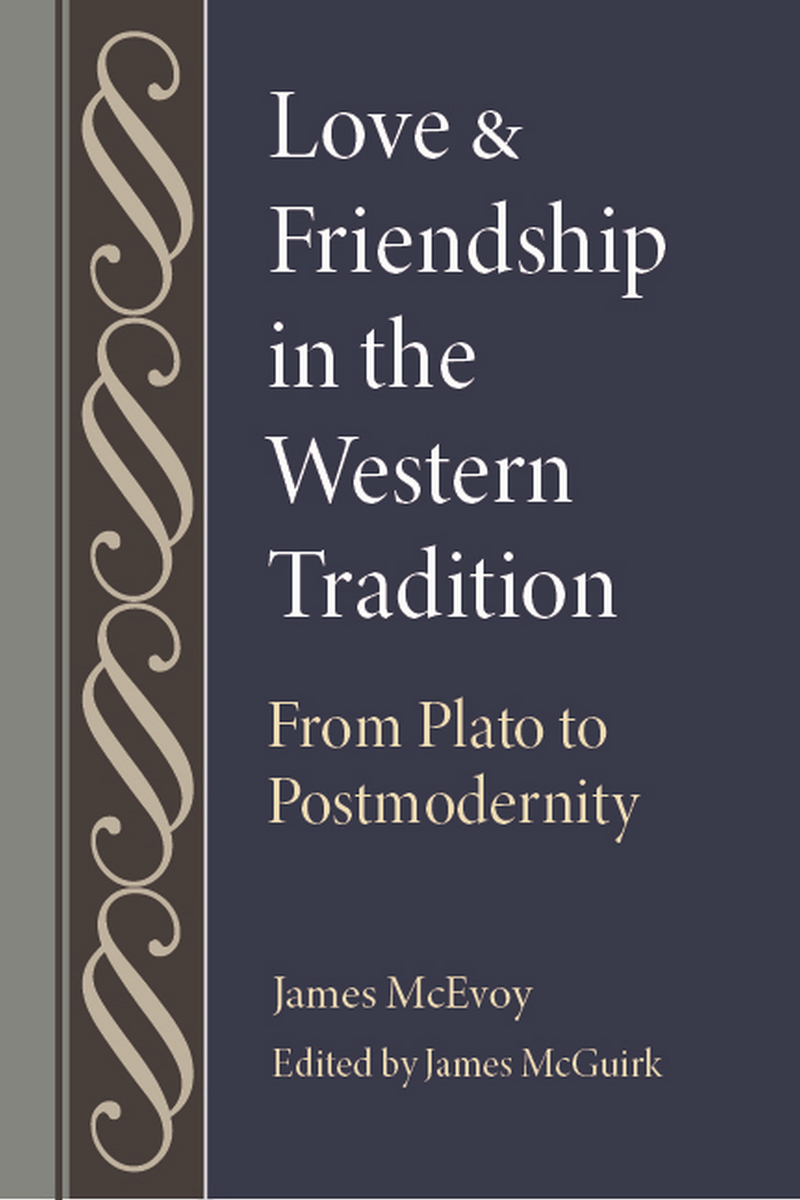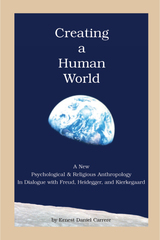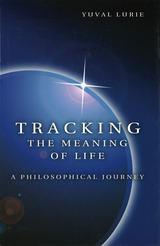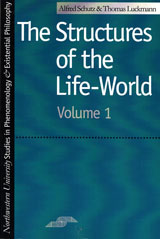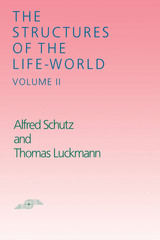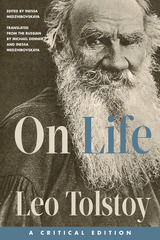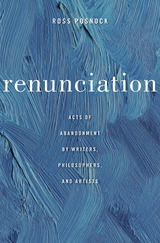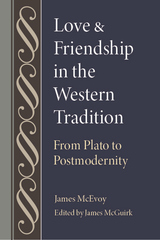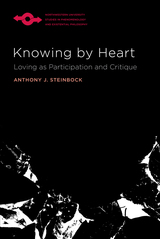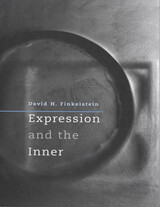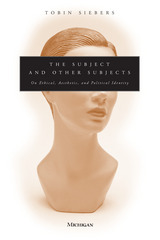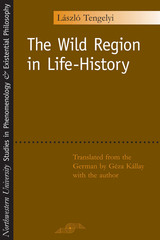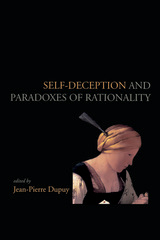Love and Friendship in the Western Tradition: From Plato to Postmodernity
Catholic University of America Press, 2023
eISBN: 978-0-8132-3670-4 | Cloth: 978-0-8132-3669-8
Library of Congress Classification BD436
Dewey Decimal Classification 128.46
eISBN: 978-0-8132-3670-4 | Cloth: 978-0-8132-3669-8
Library of Congress Classification BD436
Dewey Decimal Classification 128.46
ABOUT THIS BOOK | AUTHOR BIOGRAPHY | TOC
ABOUT THIS BOOK
Love and Friendship in the Western Tradition comprises a collection of essays written over a 25 year period by the late Rev. Professor James McEvoy on the theme of friendship. The book traces the genesis and development of philosophical treatments of friendship from Greek philosophy, through the Middle Ages, to modern and postmodern philosophy. The collection’s three major concerns are: (1) the history of philosophical discussions of friendship; (2) the role of friendship in the cultivation of the philosophical life; (3) the marginalization of friendship as a theme for philosophical reflection and practice in the modern period.
As the author was primarily a medievalist, a great deal of the focus of the essays is on the development of the theme of friendship in the Middle Ages (in the thought of Augustine, Aquinas, Aelred of Rievaulx, Henry of Ghent, Robert Grosseteste, etc.). However, this focus, while a value in itself, also serves to connect philosophical perspectives on friendship from before and after the middle ages. It connects to the time before inasmuch as much of the work done on friendship in the Middle Ages is anchored in interpretations of Aristotle and Plato, and it connects to the time after by providing a counterpoint to the modern paradigm of what constitutes the philosophical life.
The collection combines historical with thematic approaches to scholarship on this issue and is one of the only books of its kind to do so. It is, perhaps, unique in its historical sweep and will prove to be a canonical source for further research on this topic.
As the author was primarily a medievalist, a great deal of the focus of the essays is on the development of the theme of friendship in the Middle Ages (in the thought of Augustine, Aquinas, Aelred of Rievaulx, Henry of Ghent, Robert Grosseteste, etc.). However, this focus, while a value in itself, also serves to connect philosophical perspectives on friendship from before and after the middle ages. It connects to the time before inasmuch as much of the work done on friendship in the Middle Ages is anchored in interpretations of Aristotle and Plato, and it connects to the time after by providing a counterpoint to the modern paradigm of what constitutes the philosophical life.
The collection combines historical with thematic approaches to scholarship on this issue and is one of the only books of its kind to do so. It is, perhaps, unique in its historical sweep and will prove to be a canonical source for further research on this topic.
See other books on: Civilization, Western | Friendship | Plato | Postmodernity | Western countries
See other titles from Catholic University of America Press
